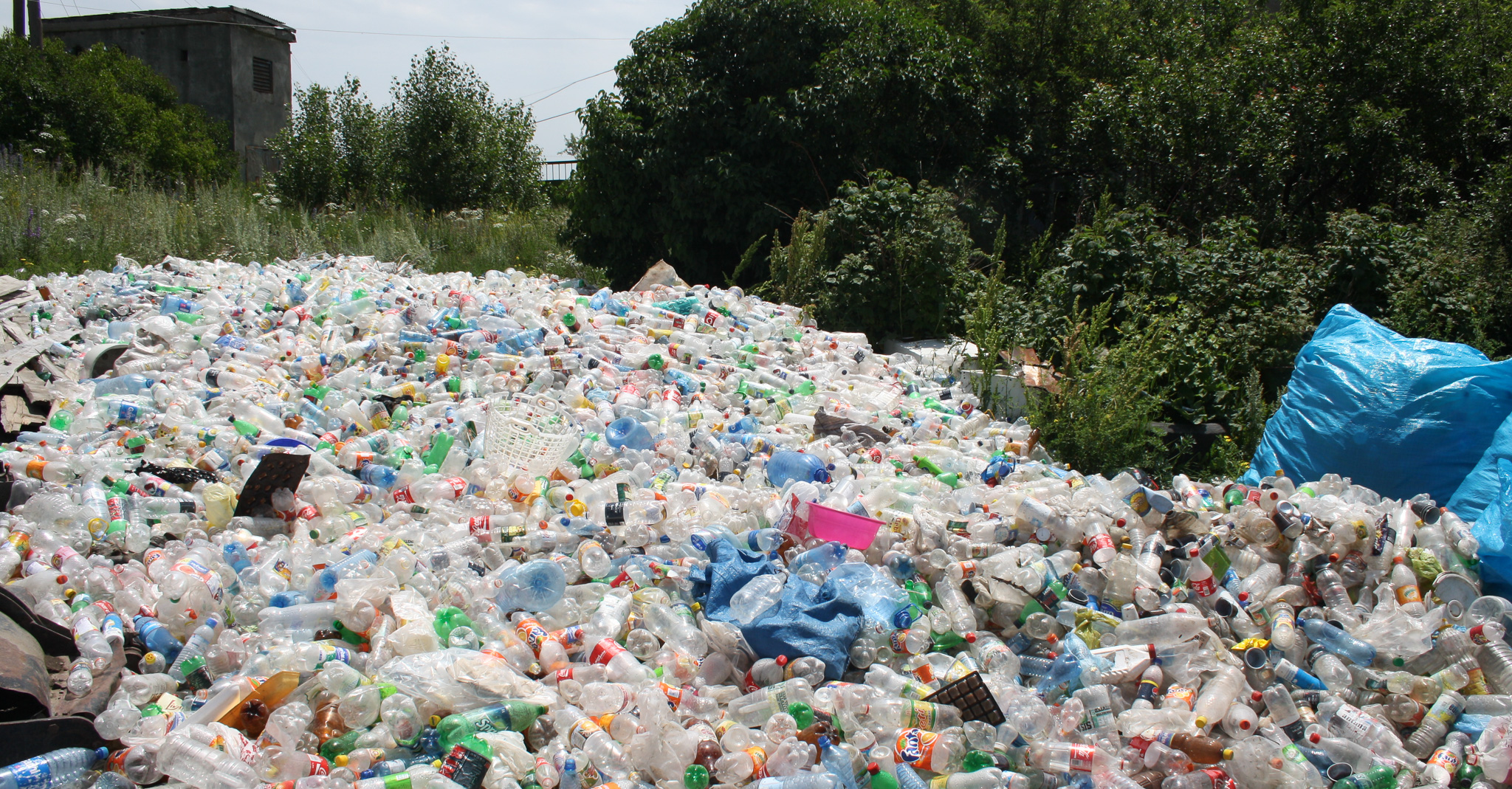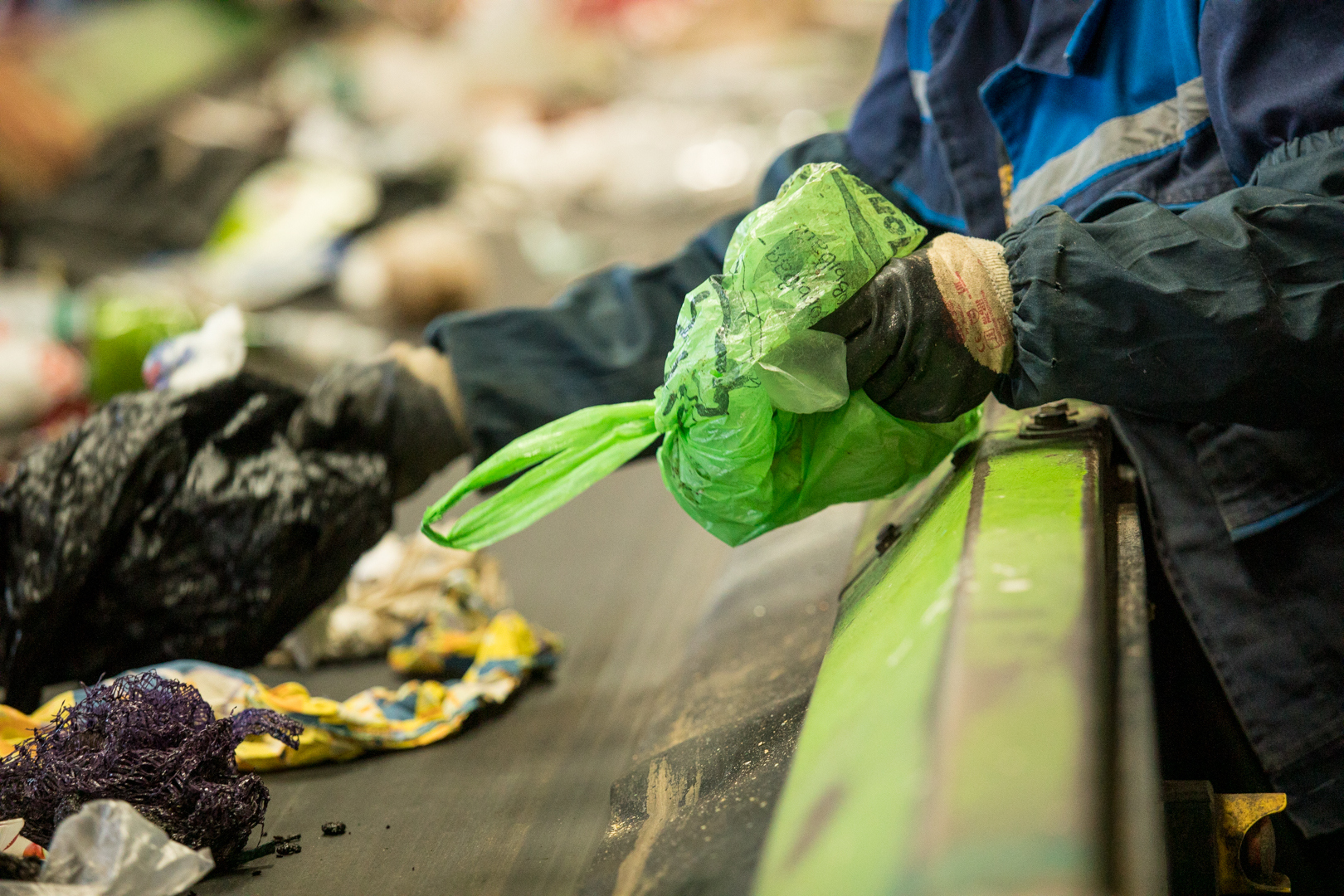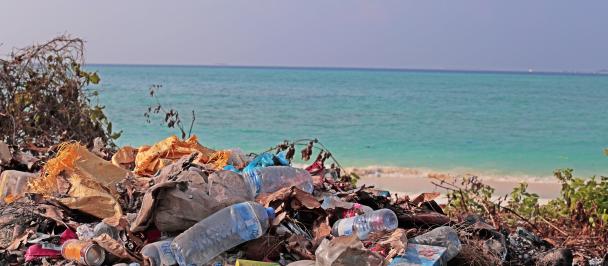Since November 2022, four meetings have been held to negotiate for a global plastics treaty
Countries start to streamline fight against plastic pollution
May 8, 2024

Since November 2022, four meetings have been held to negotiate the provisions for a future global plastics treaty.
Confucius said: “The virtuous are friendly to each other though they hold different opinions (君子和而不同)”
This reflects the overall spirit of the fourth meeting of the Intergovernmental Negotiating Committee (INC-4) held recently in Canada. As anyone who has ever organized a dinner with a large group of friends will know: bringing everyone under one roof is difficult, even for something as trivial as a dinner. Now imagine trying to find convergence of views on plastic pollution, as a result of the mismanagement of a material used in everything from toothbrushes, to electronics, to food packaging – in 170 countries all with their distinct national circumstances, economies, and traditions.
Plastic pollution is seen and felt everywhere. In Ottawa, regardless of the different opinions and positions, delegates were guided by the common goal - to end plastic pollution to protect human health and ecosystems. With this goal in mind, Member States tried to find common ground. Together, they have advanced the streamlining of some parts of the revised zero draft and to secure the mandate for the work necessary to make greater progress ahead of INC-5
Since November 2022, four meetings have been held to negotiate the provisions for the future global plastics treaty. As the negotiation process evolves, there are various pairs and blocks of different negotiation positions emerging from the debates:

The environment and socio-economic cost of plastic pollution is not internalized into the price.
- Production and consumption. A number of Member States especially represented by the High Ambition Coalition argue that there is a need to set a target to reduce the production of primary plastic polymers. They consider that with current level of production and predicted trajectory to increase, it is unsustainable and impossible to tackle plastic pollution without reducing the production of primary plastic polymers. Some countries have even put a target on it: reducing plastic production by 40 percent by 2040. However, other Member States argue that the goal of the treaty is to fight against plastic pollution, not fight against plastics, as they play an essential role in their economy and human well-being including healthcare. Furthermore, increased cost of living as a result of reduced production could potentially harm the economy and poor people and communities. They think that plastic pollution can be stopped without imposing a target of plastic production reduction, but with better product design to design out toxins, sustainable alternatives, and improved collection and recycling and other waste management measures. As there is no consensus in sight, countries could not mandate inter-sessional work to explore this highly contentious issue.
- Public and private sector responsibilities. The environment and socio-economic cost of plastic pollution is not internalized into the price, and the cost of collection and management is mainly borne by governments with public financing. While governments have responsibility to enhance waste management systems, the private sector especially industries must also step up their efforts to enhance better product design, use more recycled plastics, and pay for collection and waste management fees of their post-consumer products. One way to internalize plastic pollution costs is through a plastic pollution fee. A global plastic pollution fee was proposed by some, however, many delegates opposed it outrightly and pointed out that the challenges on how to decide and implement such fees seem to be daunting.
- Developing and developed countries. Some developed countries believe that every country has the responsibility to fight against plastic pollution and argue that both developed and developing countries can align domestic financial flows, catalyze financing and enhance transparency for financing to end plastic pollution. Developing countries argue for common but differentiated responsibilities, and request for financing, technical assistance and technology transfer to implement the future global plastics treaty. They argue that though all member states have the responsibility to tackle plastic pollution, there are substantial variations in national capacities and circumstances, and these differences should be reflected in responsibilities of the two groups.
Despite diverging views in this meeting, Member States have progressed to streamlining the draft texts and reducing some of the options proposed in the previous meeting. Some provisions have emerged with a general sense of support from member states in principle. We are highlighting three of key topics among many others that member states have advanced in their discussion:
- Extended producers’ responsibility (EPR). There is a general consensus that producers should pay for the cost of ending plastic pollution and ensure circularity of products they produce. However, there is still disagreement on whether EPR measures should be globally determined, or countries should be allowed flexibility to determine what works best depending on national circumstances. It is also recognized that ending plastic pollution is the responsibility of the whole of society with coordinated actions from the governments, private sectors, research/academia, and civil society.
- Call for greater transparency in plastics. Today, we have little to no information on the composition, additives and chemicals in plastic products. Countries generally agree that there is a need to enhance transparency, labelling and categorization to ensure safe and environmentally sound waste management and recycling.
- Just transition. Many Member States have stressed the importance of ensuring a just transition for the most vulnerable groups of society. Informal waste workers, women, children and indigenous people have been mentioned as the marginalized groups which deserve more attention and support. However, there were divided views on whether to explicitly mention these groups in the provisions or leave it open to all stakeholders.
With diverging views on key issues, INC-4 established two open-ended expert groups to explore issues such as means of implementation and chemicals of concern in plastic products to inform and advance the next round of discussion. We left Ottawa feeling optimistic and hopeful for a global plastics treaty to be finalized by the end of the year.
“I disapprove of what you say, but I will defend to the death your right to say it,” was a quote by Evelyn Beatrice Hall to describe Voltaire’s atitude to the importance of exchange of opinions and freedom of speech. In this turbulent era of global politics, such multilateral spirit and commitment to find common ground are more important than ever. It is our hope that regardless of national and regional differences, delegates will remain united by our common goal: to develop a treaty that can help us address plastic pollution and its associated socio-ecological impacts.
We look forward to a united global effort to tackle a global problem entirely created by ourselves. We have reasons to believe that humanity can solve this problem collectively.

 Locations
Locations






